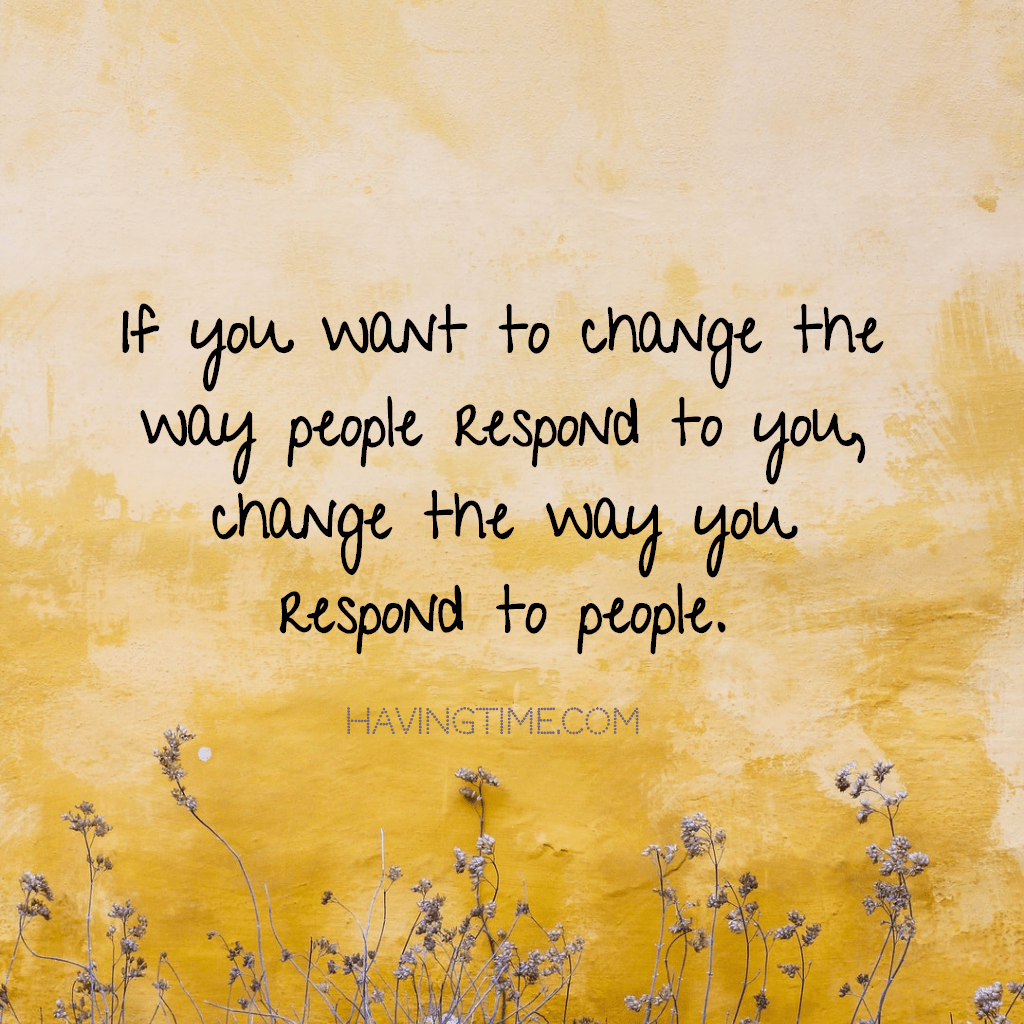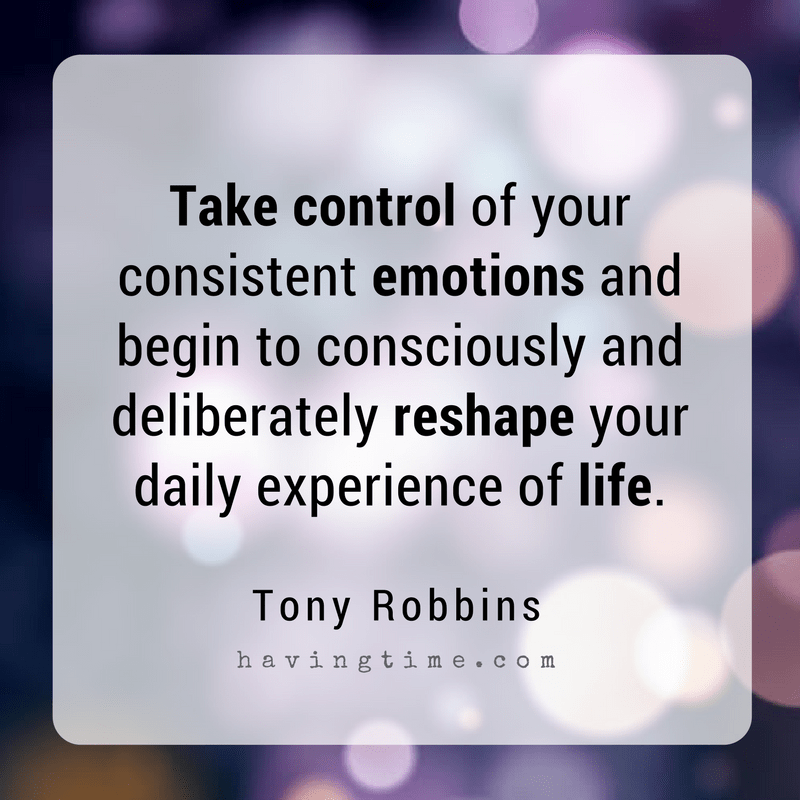
“If you want to change the way people respond to you, change the way you respond to people.” -Timothy Leary
When we’re children, most of us learn life lessons that stick around through adulthood. But have you ever met an adult who seemed to have skipped those lessons? It happens, for sure, but you don’t want it to happen to your child.
One of our biggest responsibilities as parents is to raise children who can become healthy and productive members of society. Ultimately, they should have the skills they need to thrive in the outside world on their own.
To give your children the best shot at one day becoming capable adults, teach them the following life lessons by the time they reach about 10 years of age.
10 Important Life Lessons to Teach Kids by Age 10
1. Preparing simple meals
By around the age of 10, your children should have mastered the art of pouring themselves a bowl of cereal or making a good PB&J. Learning to prepare simple meals teaches independence, but it also helps kids get comfortable in the kitchen. This could lay the groundwork for preparing more advanced meals later in life.
2. Navigating a city
No one wants to think of their child lost in an unfamiliar place. So, use family outings to teach your kids how to get around. When you’re out and about, try turning over the navigation reins to your child. Of course, the most important way to find is the path that leads back home. At the least, make sure your child knows your address.
3. Saving money
Just as healthy eating habits start early, so do healthy financial habits. Teach your kids to save money by opening a bank account in their name and talking about ways to save. When they are required to use their own money for things, children learn that money comes in limited supply.
4. Handling peer pressure
Now is the time to address peer pressure – before your children are impressionable teens. The dangers may be greater than you know. In fact, at least one in three adolescents experiment with drugs by the time they reach eighth grade. Teach your children that there are consequences to consider before taking any action, regardless of how many of their friends are doing it.
5. Cleaning up after themselves
It’s often easier to pick up a dish yourself rather than asking a child to do it seven times before it gets done. But if you aren’t consistent with this lesson, you’ll end up with more housework than necessary.
6. Doing laundry
You may have been doing it for so long that the nuances of doing laundry seem like common sense, but trust that it’s foreign to your child. Teach your child how to sort laundry and use the washer and dryer. Lessons may include the importance of washing towels separately and how to keep your whites white.
7. Handling bullies
Everyone deals with bullying on some level. Even bullies get bullied, which may be where they learned the behavior in the first place. Teach your children that bullying is a sign of weakness, not a sign of strength. Try to teach your children that it does not matter what other people think of them. This may be the most important lesson they will ever learn.

8. The importance of telling the truth
Honesty and integrity are so important. Think about any time anyone has ever lied to you. It surely tainted your opinion of that person, and it’s difficult to recover from that. Teach your children that the only way to earn lasting respect is to be an honest person.
9. How to lose gracefully
This is a tough one for kids – especially those with a competitive edge. Try to focus on the fun of playing a game instead of the outcome. Talk to your children about the merits of losing also. If we won everything in life, life would be boring.
10. Learning how to disconnect from technology
Technology is a helpful and entertaining tool, but it’s easy to become obsessed. In addition to any limits you may put on screen time, talk to your kids about the importance of balancing real life with technology. Social media and texting should not replace human interaction. We may soon find that excessive use of technology is worse than we realize. We already have learned that there are a number of similarities between our use of smartphones and the effects of alcohol or drug abuse. This is something we, as parents, should start taking seriously.

We all want to do the best job we can as parents. The trick is to balance life lessons with a little fun. Let your kids be kids (we don’t want anyone growing up too quickly), but try to instill helpful lessons now that they can build upon to become successful adults later.


